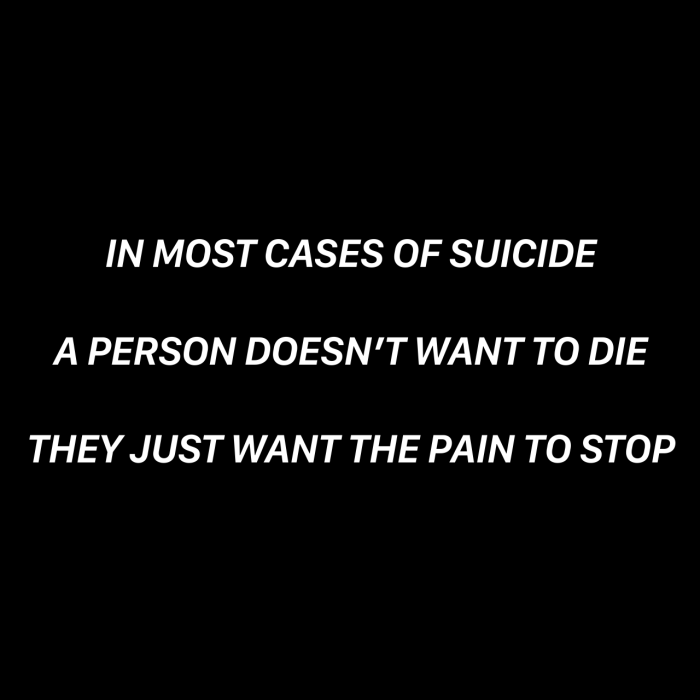You can’t save everyone. It’s a harsh reality that many of us have to face at some point in our lives. But what does it really mean? And how can we cope with the emotional impact of this realization?
In this article, we’ll explore the implications of “you can’t save everyone.” We’ll discuss the importance of prioritizing and triage, setting boundaries and self-care, seeking support and collaboration, and learning from experience and growth.
Understanding the Implications
The phrase “you can’t save everyone” conveys the profound truth that there are limits to our capacity to help others. It’s not a statement of indifference but a recognition of the practical and emotional challenges involved in assisting those in need.
Emotionally, this realization can be daunting. It can lead to feelings of guilt, inadequacy, and frustration. We may feel responsible for the well-being of others, and the inability to fulfill that responsibility can be emotionally taxing.
There are countless examples where saving everyone is simply not possible. Natural disasters, humanitarian crises, and systemic inequalities create situations where the needs far outweigh the available resources.
Prioritizing and Triage: You Can’t Save Everyone

When resources are limited, it becomes necessary to prioritize who to help. Triage, a process of sorting patients based on their need for immediate medical attention, is a common example of prioritization.
Ethical considerations play a crucial role in triage. Factors such as severity of injury, likelihood of survival, and age may be taken into account when making decisions.
Triage protocols vary depending on the setting. In emergency situations, medical professionals may use a system known as the START (Simple Triage and Rapid Treatment) protocol to quickly assess and categorize patients.
Setting Boundaries and Self-Care
To avoid burnout, it’s essential to set boundaries and prioritize self-care. This means recognizing our own limitations and seeking support when needed.
Techniques for self-care include:
- Practicing mindfulness and meditation
- Engaging in activities that bring joy and relaxation
- Setting realistic goals and saying no to additional commitments
Compassion fatigue, a form of emotional exhaustion caused by caring for others, can be managed through strategies such as:
- Seeking support from peers and professionals
- Practicing self-compassion and forgiveness
- Taking breaks and recharging
Seeking Support and Collaboration

Facing challenges alone can be overwhelming. Seeking support from others can provide a sense of community and enhance our ability to help.
Support systems can come in various forms, such as:
- Friends and family
- Support groups
- Mental health professionals
Collaboration is another powerful way to increase our impact. By working together, we can pool resources, share knowledge, and reach more people.
Learning from Experience and Growth

Facing the reality of “you can’t save everyone” can be a catalyst for personal growth. It teaches us humility, resilience, and the importance of self-care.
Reflecting on our experiences and learning from our mistakes can help us become more effective helpers.
Examples of how individuals have transformed adversity into growth opportunities include:
- Survivors of trauma who become advocates for others
- Healthcare professionals who learn from their mistakes to improve patient care
- Social workers who develop innovative programs to address community needs
Detailed FAQs
What does “you can’t save everyone” mean?
It means that there are limits to our ability to help others. We can’t always prevent bad things from happening, and we can’t always fix everyone’s problems.
How can I cope with the emotional impact of this realization?
It’s important to grieve the loss of the illusion that we can save everyone. Allow yourself to feel the sadness, anger, and frustration that come with this realization. Once you’ve processed these emotions, you can begin to focus on setting boundaries and self-care.
What are some tips for setting boundaries?
Learn to say no to requests that you don’t have the time or resources to fulfill. Set limits on your availability and stick to them. Protect your time and energy by delegating tasks and asking for help when you need it.
